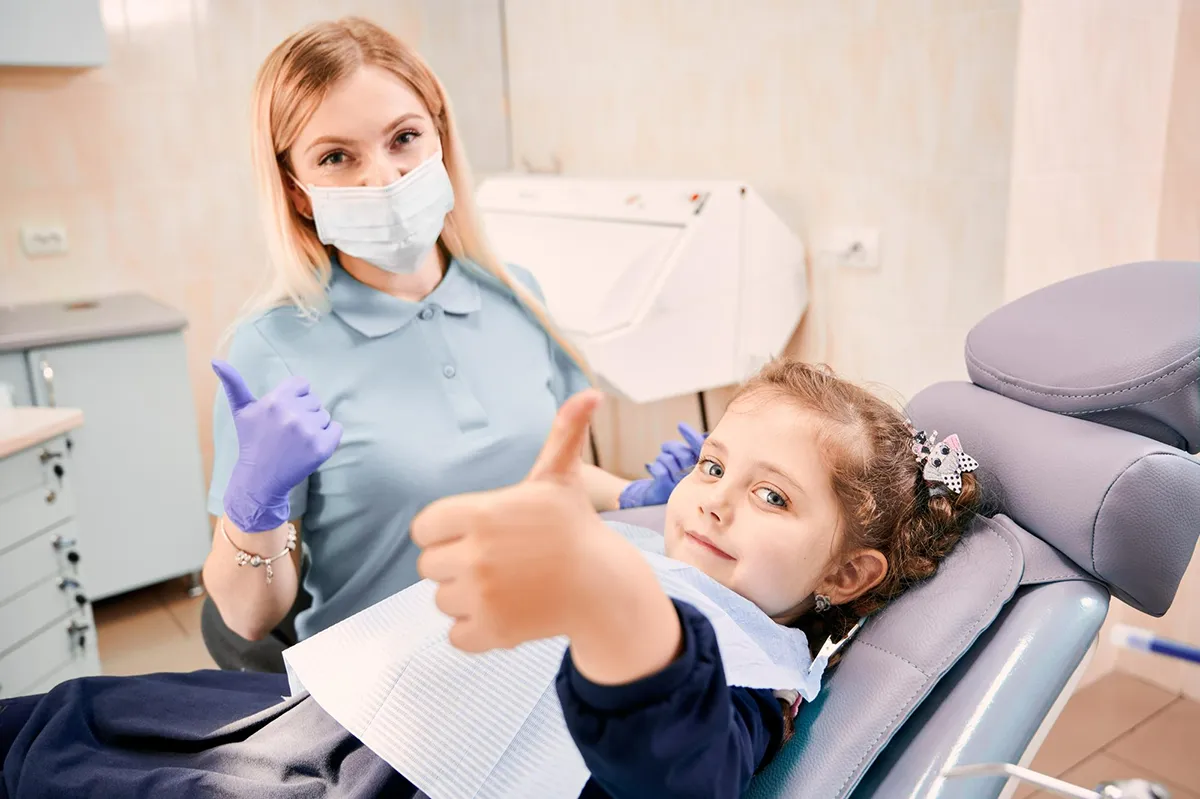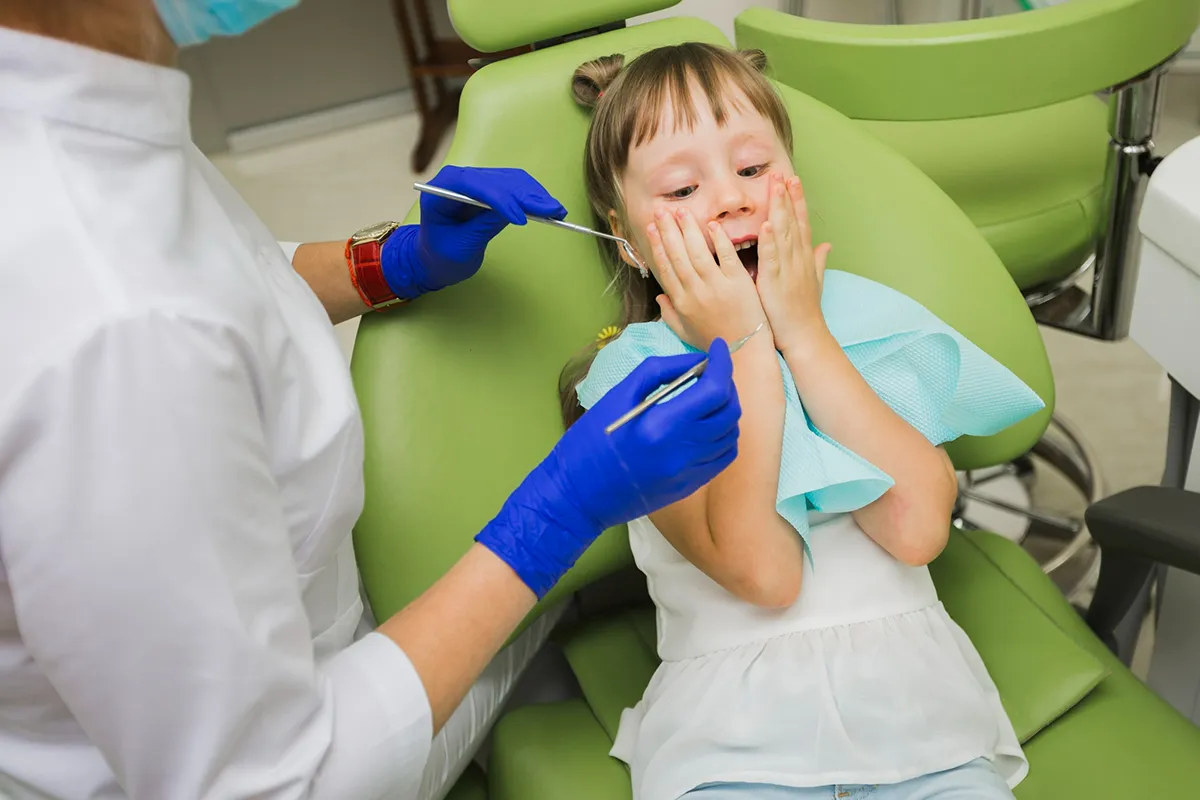Parental Guide To Prevent Tooth Decay In Kids?
Prevent your kid from future embarrassment that some adults face only because we didn't pay attention to the proper cleaning of our teeth at an early age. So, for that parental guide to prevent tooth decay in kids is very important. There are a lot of ways to prevent tooth decay in kids. The main step is to supervise what they are eating, at what time they are having sugar meals, and their brushing method. There are certain habits that you can incorporate into their daily routine to help them in getting a healthy smile. Some major ways are listed below:
Brushing and Cleaning
The only thing that can prevent teeth decay in kids and adolescents is proper cleaning. Teach and train them to clean their teeth daily at least two times after they start growing the first tooth.
Cleaning teeth properly does not only removes the junk accumulated from the leftovers of food but it also strengthens the teeth. The decay can be reversed through deep cleaning in kids at early stages when it starts to form white chalky material. But when cavities develop in toddlers it leads to permanent decay and the plaque spreads from tooth to tooth.
Avoiding Carbohydrates
Foods containing sugar and starch can be the major cause of teeth decay in children. As kids love eating sweets and chocolates which accumulate in teeth and cause bacteria to grow there. Make your kids eat fewer foods that contain carbohydrates as bacteria feed on sugars and produce acids that cause cavities.
The best time is to eat before brushing the teeth. Brushing will clean out all the junk. Eating sweets at night causes the bacteria to accumulate and grow inside your mouth whole night which cannot be cleaned in the morning through brushing only.
Incorporating Fluoride Toothpaste and Flossing

Supervise your kids when they are brushing their teeth. Fluoride-containing toothpaste has a major role in preventing teeth decay in both kids and adolescents. It will clean out all the leftovers and strengthen the exposed gums.
Flossing is as crucial as brushing. We often take flossing for granted and do not advise our kids to floss their teeth regularly. Brushing only cleans the exposed parts of teeth but flossing performs the job of deep cleaning. Anything that is stuck between the teeth is cleaned out through flossing. Dentists highly recommend the flossing technique once or twice a week.
Visiting a Dentist Regularly
It's not compulsory that visiting the dentists only includes the check-up for damaged teeth. To prevent any decay or damage you must go to a dentist at least twice a year. Get the X-ray scans of your kids so that you know where a tooth is growing or where it has started to pile up the junks.
The dentist will recover the damages in the early stages to prevent further decay. It is feasible to recover the kids from decay because their enable is thinner and the decay is at starting stages so it will help them to recover from a huge loss. Visit your dentists regularly to make your kids get a beautiful and confident smile for whole life and a good oral health.
Is Tooth Decay Reversible in Kids?
Tooth decay is not reversible in both kids and adolescents but If it is at an early stage it can be reversed by following good oral hygiene and getting a regular check-up from your dentists. The flossing technique and brushing with a fluoridated toothpaste can also help in recovering from early-stage decay. This will also help in preventing the decay from spreading to other teeth and stops it there.
Final Thoughts
The above listed are the steps that you can follow at your home to prevent teeth decay in kids. If the decay has started it is recommended to visit the dentists and get a thorough cleaning because only brushing and flossing will not help to stop the decay from spreading.
Contact your kids’ dentist in Stockton, Dr. Sajjad Rizvi D.D.S. at Happy Kids Dental, to learn how to prevent tooth decay in kids.
Resource:
Do Sealants Prevent Tooth Decay?
* There is no treatment guide on this website, and it should not be used as a substitute for professional dental advice from a dentist. Neither this nor any of the other content in this media is meant to prescribe, recommend, or prevent any treatment or procedure.*
(more…)Subscribe To Our Newsletter
Get Updates And Learn From The Best


